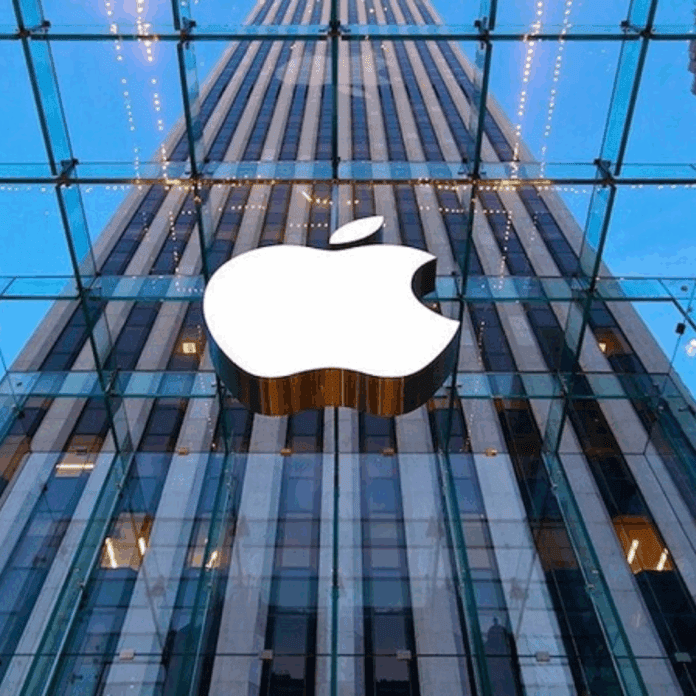Apple, one of the world’s biggest tech companies, has been ordered by a court in the United Kingdom to pay a whopping $502 million to Optis Cellular Technology LLC. The payment is for using technology that Apple didn’t have permission to use. The company claiming ownership of the technology is based in Texas, USA.
This fight between Apple and Optis actually started back in 2019. That’s when Optis said Apple had been using its patented technology without permission in products like iPhones and iPads. These patents are related to cellular technology, especially things like 4G – the type of wireless internet connection that many smartphones use every day.
At first, in 2023, a UK court said Apple should pay a much smaller amount — about $56 million. But Optis didn’t think that was enough. They believed Apple owed a lot more money for using their technology without the proper license. After reviewing the case again, the court agreed with Optis. That’s how the final payment ballooned to $502 million. And that’s just the base amount. When interest and legal fees are added, Optis says the total could go beyond $700 million.
Who Is Optis and Why It Matters
Optis is what many call a “patent troll.” That’s a nickname for companies that don’t actually make products. Instead, they buy up patents — which are rights to specific inventions or technologies — and wait for big companies like Apple to use them. Then, they sue those companies for money. While it might sound strange, it’s not illegal. But it’s a practice that many people see as unfair.
Unlike inventors who spend years developing new technology, companies like Optis often make money only through lawsuits. They don’t manufacture phones or build networks. They simply own the rights to the technology and wait for others to use it.
Standard Chartered Loses Fight to Cut £1.5bn Lawsuit Over Iran Sanctions
In this case, Optis said Apple used several of their patents in its mobile devices without paying. These patents were important for things like allowing phones to connect to fast internet or work properly on wireless networks. Because Apple sold millions of devices with this technology inside, Optis argued that the money owed should reflect how widely used the tech was.
The UK Court agreed, and even pointed out something interesting. The judge said that companies like Apple are so powerful that sometimes smaller companies accept less money than their patents are really worth. In other words, Apple’s size and success can give it an unfair edge in negotiations.
Apple Plans to Fight Back
As expected, Apple isn’t happy about the decision. The company has said it will appeal, which means it will ask a higher court to look at the ruling again and hopefully change it. Apple believes the amount they are being told to pay is too much.
But Optis says it will keep fighting to defend its rights. In a statement, they said they were glad the UK Court of Appeals agreed with them. They also said the ruling proves that their patents are valuable and play a big role in how Apple devices work. They claim that their technology helps phones connect faster and work better, and they deserve fair payment for that.
Apple Moves Billions in Products from China and India to Shield U.S. Supply Chain from Tariff Shock
This isn’t the first time Apple has been taken to court over patents. Many tech companies, including Apple, often face lawsuits like this. Sometimes the companies win, and sometimes they lose. Even though Apple is one of the richest companies in the world, legal battles like this can still have a big impact — especially when hundreds of millions of dollars are involved.
So, while Apple continues to sell iPhones and iPads around the globe, they now have a very expensive court order to deal with. Whether or not the appeal will change the final amount remains to be seen, but for now, the ruling stands.
This case shows how important patents are in the world of technology, and how they can lead to huge payments — even years after a product has already been sold.



